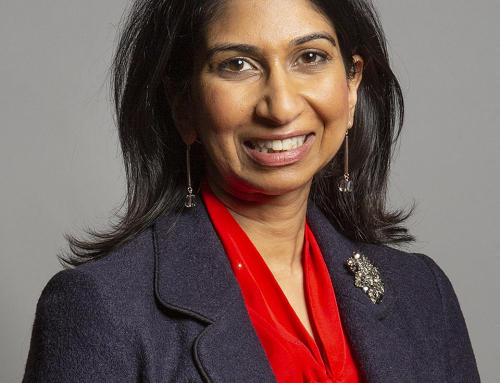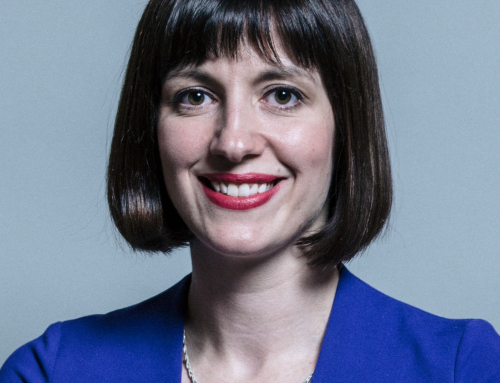 At least thirty-five grammar schools are seeking a share of the £50 milllion Selective School Expansion Fund, and although it’s a condition of expansion that the schools produce an “ambitious and deliverable” plan to improve access for disadvantaged pupils many schools have provided no details of how they will increase their proportion of poorer pupils.
At least thirty-five grammar schools are seeking a share of the £50 milllion Selective School Expansion Fund, and although it’s a condition of expansion that the schools produce an “ambitious and deliverable” plan to improve access for disadvantaged pupils many schools have provided no details of how they will increase their proportion of poorer pupils.
Below is a list of all the schools currently running expansion consultations – if there are any schools we’ve missed please get in touch, not all grammar schools are promoting the consultations on their websites.
Please respond to one or two of these consultations if you can, especially if you live locally to these schools.
There are also three petitions that you can sign.
CLICK HERE to sign the petition against Kendrick School’s expansion.
CLICK HERE to sign the petition objecting to expansion at John Hampden grammar school in Bucks.
CLICK HERE to support the petition against Wycombe High School’s expansion.
Here are the selective schools consulting to expand.
Here are some points you might wish to make if you respond to the consultions, please adapt these comments to fit each school’s plans.
Your school is not an inclusive school.
I do not believe we should be expanding schools that use a test for entry, as the 11-plus test prevents any school from being inclusive and representative of its community. Your school educates a low proportion of pupils from disadvantaged backgrounds, and with Special Education Needs (SEN.) We should expand only schools with open admissions educating every local child. We should not expand schools that might discriminate against any disadvantaged or vulnerable groups of pupils.
The expansion of your school reduces choice for the majority of parents, and particularly for the parents of SEND students, low attaining students, and poorer families. Creating additional places in selective schools means these places are not available for all local families. I prefer to expand schools that every local parent can choose.
The requirement to offer “an ambitious and deliverable plan for improving access for disadvantaged pupils” is not described in detail, and it has no numbers or targets.
Your school’s consultation document is vague about the requirement to admit more disadvantaged pupils, and it does not detail the number of disadvantaged pupils admitted to your school in recent years. I feel you should state how many disadvantaged pupils your school has admitted, particularly if you already give Pupil Premium pupils priority in admissions. In most cases these ‘priority’ policies are admitting low numbers of disadvantaged pupils.
You operate a selection test for entry to the school but your consultation document does not state how many disadvantaged pupils sat and passed your 11-plus test. This information should be revealed, because it shows how realistic it is to improve on the proportion of disadvantaged pupils admitted to your school. In most cases, a very low proportion of disadvantaged pupils pass the 11-plus test, which means that admission policy changes are not effective.
Your school consultation document does not outline the proportion of disadvantaged pupils at nearby secondary schools. This information is necessary for a comparison of your school and other local schools, so the public can see how the proportion of disadvantaged pupils in your school differs from local non-selective schools.
Your school does not detail an exact goal for the proportion of disadvantaged pupils you aim to educate if you expand. Members of the public can not make informed comments on your expansion unless you give clear numbers and targets. I do not believe that your school will significantly increase its proportion of disadvantaged pupils, and the failure to provide any numbers suggests you are not confident that you will educate many poorer pupils.
If grammar school places expand this will impact on nearby non-selective schools
In areas where the high attaining pupils attend grammar schools this puts other local schools at a disadvantage. Many secondary modern schools try to offer top sets or ‘grammar streams’ in their attempts to recruit high attaining pupils so they can operate more like all-ability comprehensive schools. It helps to make schools more aspirational places if a good proportion of pupils are going on to university or studying A levels. Your local schools will already have a small number of students from the prior high attaining group, plus larger numbers of SEND students and greater than national average of numbers of students from deprived backgrounds. If your school expands it is likely to place nearby schools at a greater disadvantage. I believe there will be a negative impact on local schools.
In summary, I would like to object to this expansion because :
- It is a bad idea to increase school places in schools that are not available to ALL local pupils.
- Your consultation plans are vague, and I do not believe the school will educate a significant proportion of disadvantaged pupils.
- Your school’s admission test is known to select few SEN and disadvantaged pupils, so creating school places in selective schools is discriminating against vulnerable groups of pupils.
- Your expansion will damage local schools and reduce the schools academic and social diversity.
It is a requirement of all applications to the Selective School Expansion Fund that schools detail any consultation criticism and respond to it, so it is worth sending in comments to these consultations.
Comprehensive Future needs your financial support, please consider donating to help us continue our campaign. DONATE NOW.





